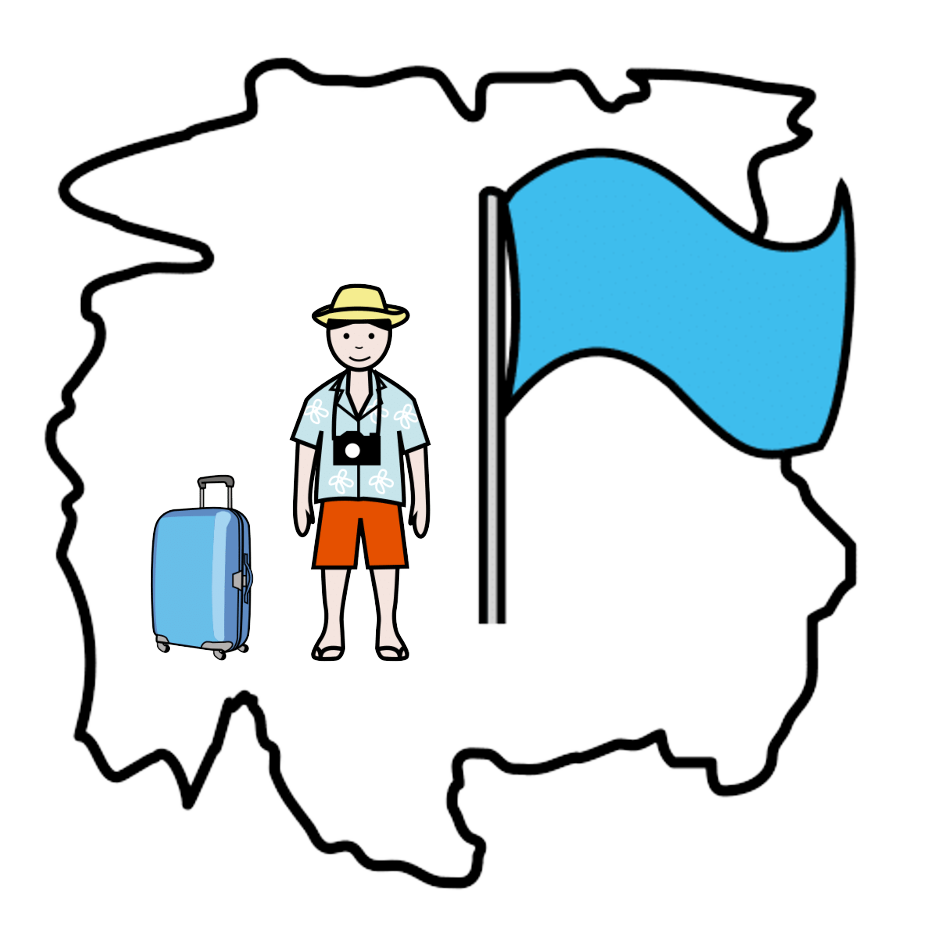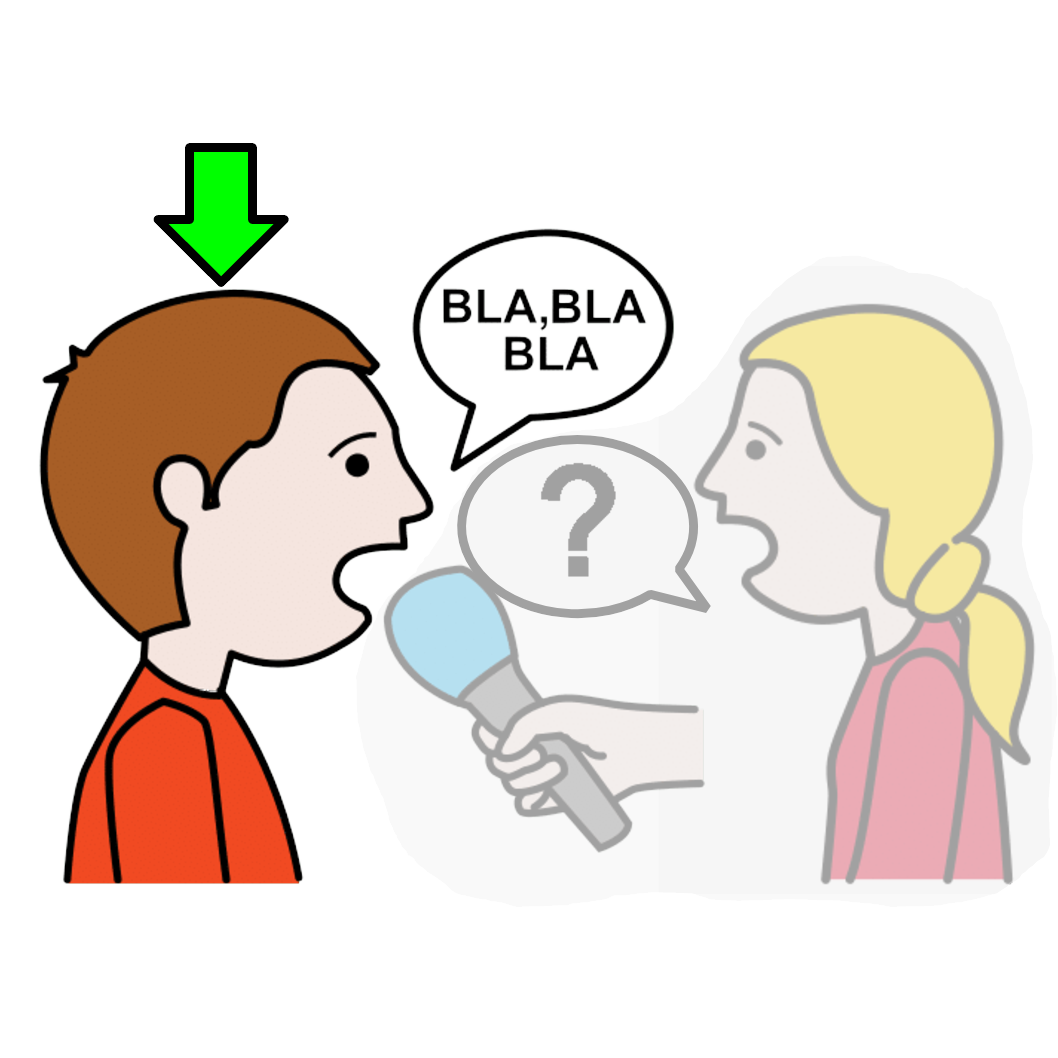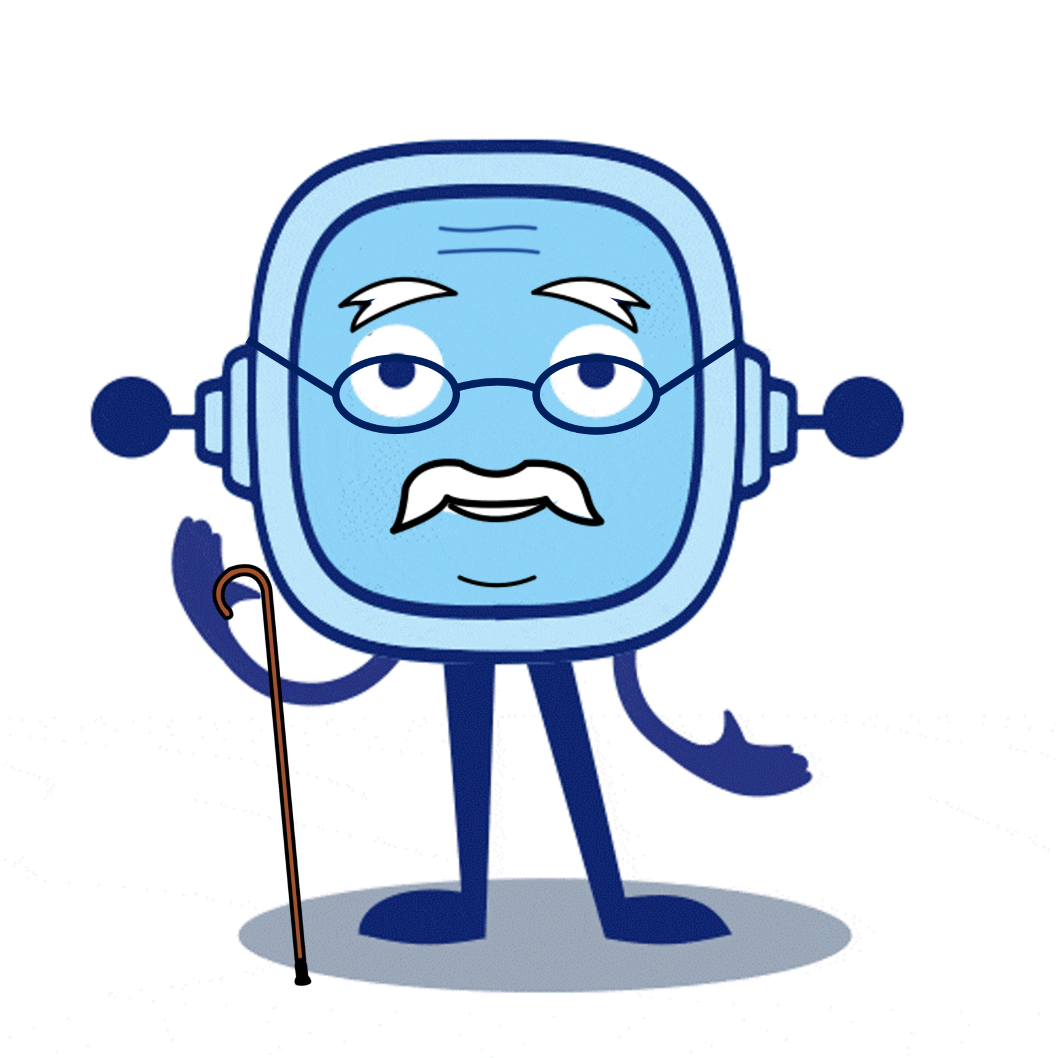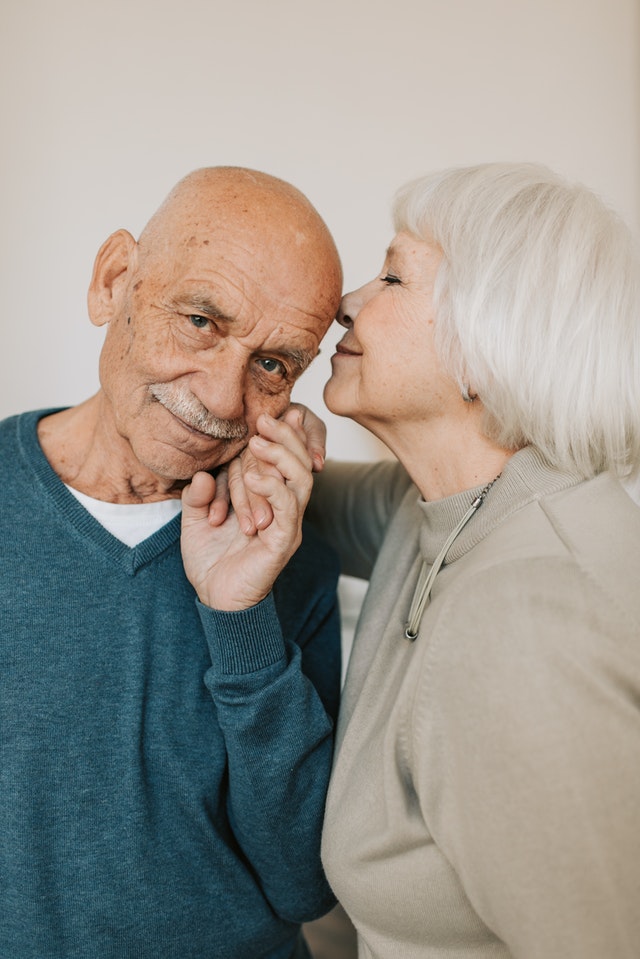Dictionary
Abroad

- Spanish word:
-
País extranjero
- Audio:
Conduct

- Spanish word:
-
Dirigir
- Audio:
Interviewee

- Spanish word:
-
Entrevistado o entrevistada
- Audio:

País extranjero

Dirigir

Entrevistado o entrevistada

Are you ready to conduct the interview? Think about everything you would like to learn about life in the past. Listening to our elders is worth it. You are going to learn a lot from their lives and experiences.
All you’ve learnt will help you to succeed with your final task.
 Definition:
Definition:
To lead something.
Dirigir algo, conducir.
She didn’t conduct the interview as she had to.
Ella no llevó la entrevista como debía hacerla.

Elder people have many stories to talk about just because of their experience. In group, prepare an interview to find out about their life story or just some part of it. All you’ve learnt to this point will be useful.
Remember:
Download a life story checklist
 Definition:
Definition:
The person that answers an interview.
La persona que responde a una entrevista.
Example:The interviewee didn’t answer all the questions.
El entrevistado no respondió todas las preguntas.
 Definition:
Definition:
Any place outside one’s country.
Cualquier lugar fuera del propio pais.
Example:I traveled abroad twice last year.
Viajé al extranjero dos veces el último año.
In this group activity you can realize how much you already know about this.
By working in groups you also learn as a team. There will be some colleagues that remember some things, others will be able to express better, and others will know how to design the format you’re being asked for.
We all add into our teams to solve the task. When we work together, we learn together and become more capable to solve any challenge. It’s important that the team follows these few tips:
In this last step, I am going to ask you to think about what has been the most important thing you have learnt in order to achieve the challenge.
What you discover by thinking, will help you when you have to meet similar challenges in the future.
Stop for a moment and complete STEP 4 of your Learning Diary (What have I learned?)!
Remember:
Go for it, you'll do great!
En este último paso te voy a proponer que pienses en qué ha sido lo más importante de todo lo que has aprendido para conseguir el reto que te proponíamos.
Lo que descubras pensando en ello te servirá para cuando tengas que alcanzar retos parecidos en un futuro.
¡Para un momento y completa el PASO 4 de tu Diario de aprendizaje (¿Qué he aprendido?)!
Recuerda:
¡Ánimo, que lo harás genial!
Licensed under the Creative Commons Attribution Non-commercial Share Alike License 4.0